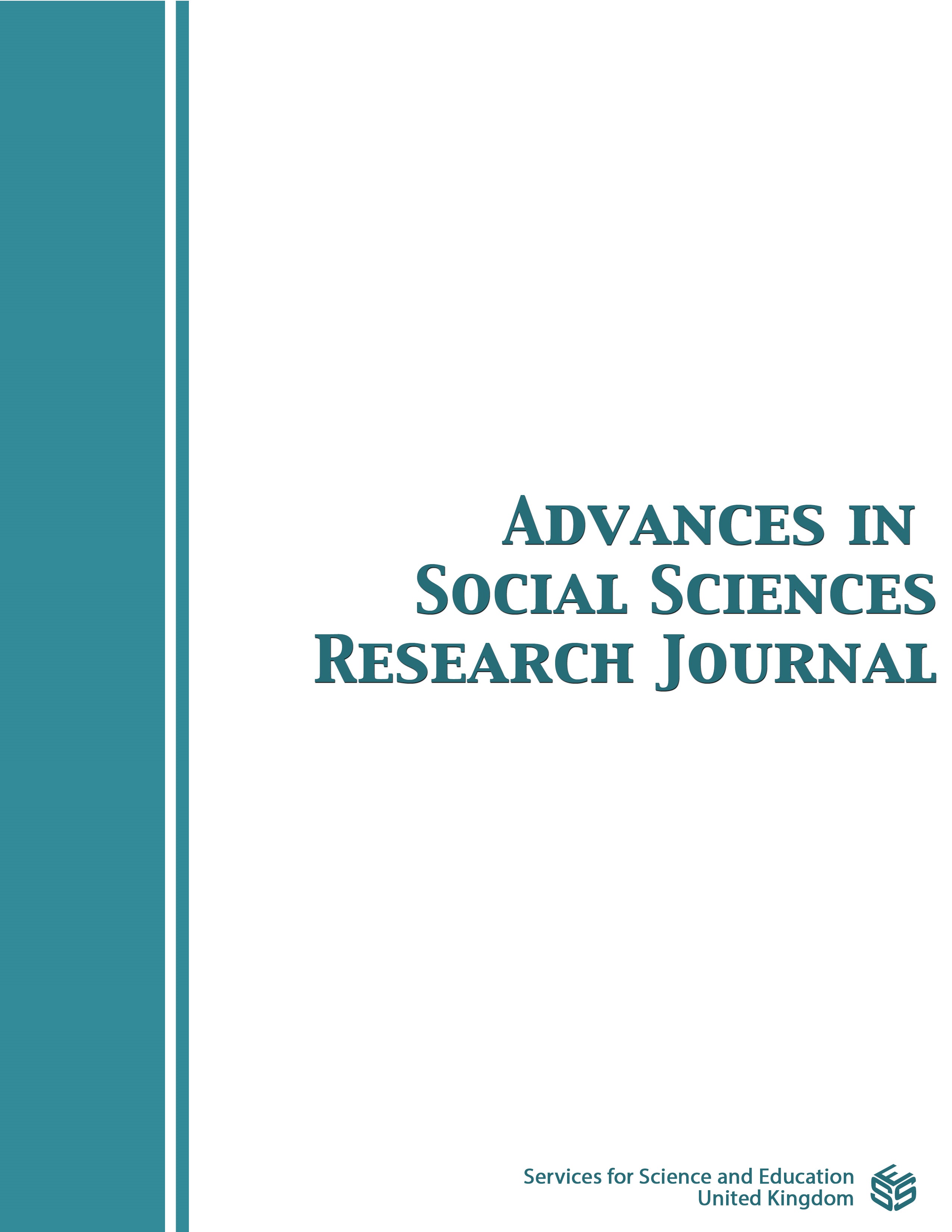Uncovering Factors Influencing Household Engagement in Crime in Diani Location, Kwale County
DOI:
https://doi.org/10.14738/assrj.912.13592Keywords:
Household; Community, crime; Security and StakeholdersAbstract
Crime is a consequential global plight restraining economic growth and social advancement. In Kenya, particularly in the coastal region, crime and additional cases coupled with general security are barriers to the advancements pushed for society's well-being and development. The connection between crime and household well-being is not just antagonistic, but it is also practical and thus warrants this study. In this realization, this study was embarked on to assess the factors influencing household engagement in crime in Diani Location, Msambweni Sub-County, Kwale County. The study aimed to answer; what enhances household engagement in crime in the family unit in Diani location, Msambweni Sub County. A total of three hundred and fifty-one (351) participants were sampled from the study population. The research utilized both qualitative and quantitative designs. In-depth interviews, Key informant interviews, and focused group discussions were explored during the study. The research concluded that various factors, including family structure, peer influence, unemployment, drugs, and school dropout, influence household/community engagement in crime in Diani. The study recommends that policy should target and sustain family unit welfare by dealing with the causes of crime. Adaption techniques at local and policy levels can significantly reduce and manage crime and promote community well-being. A diligent mix of resources is indispensable, including Education/capacity building, fostering intact families' existence, creating Job/business opportunities, institutional empowerment/engagement, Leadership goodwill, and in-depth stakeholder engagement.
Downloads
Published
How to Cite
Issue
Section
License
Copyright (c) 2022 Owino A. Otieno, Mutsotso B. Manyuru

This work is licensed under a Creative Commons Attribution 4.0 International License.
Authors wishing to include figures, tables, or text passages that have already been published elsewhere are required to obtain permission from the copyright owner(s) for both the print and online format and to include evidence that such permission has been granted when submitting their papers. Any material received without such evidence will be assumed to originate from the authors.






